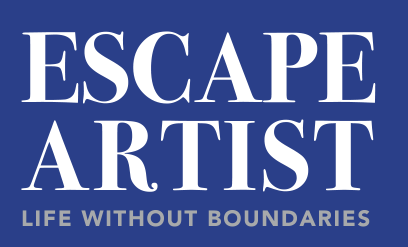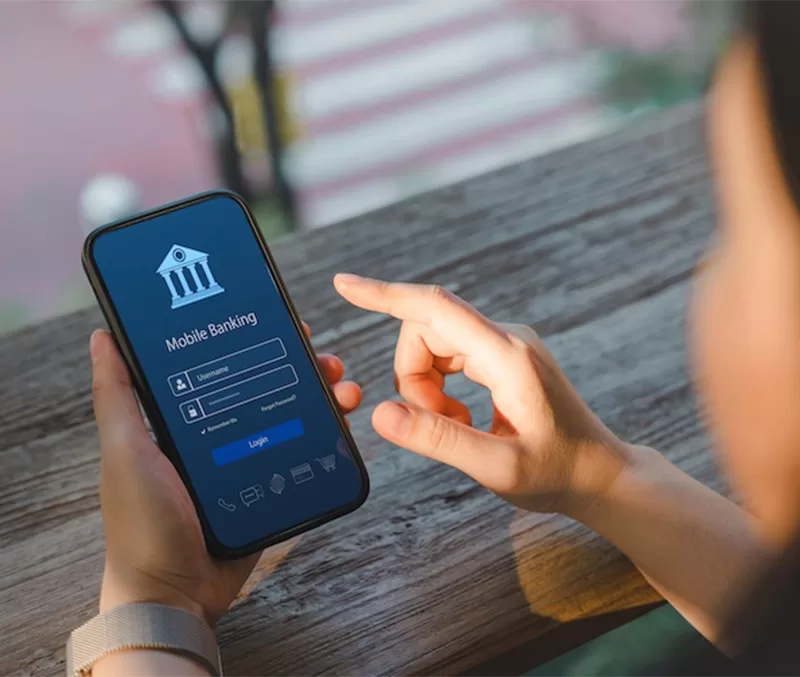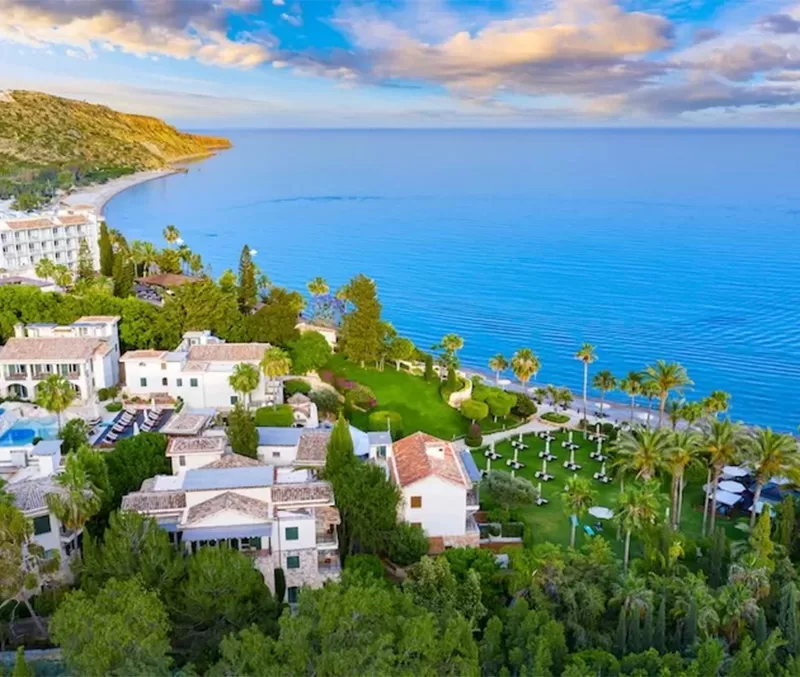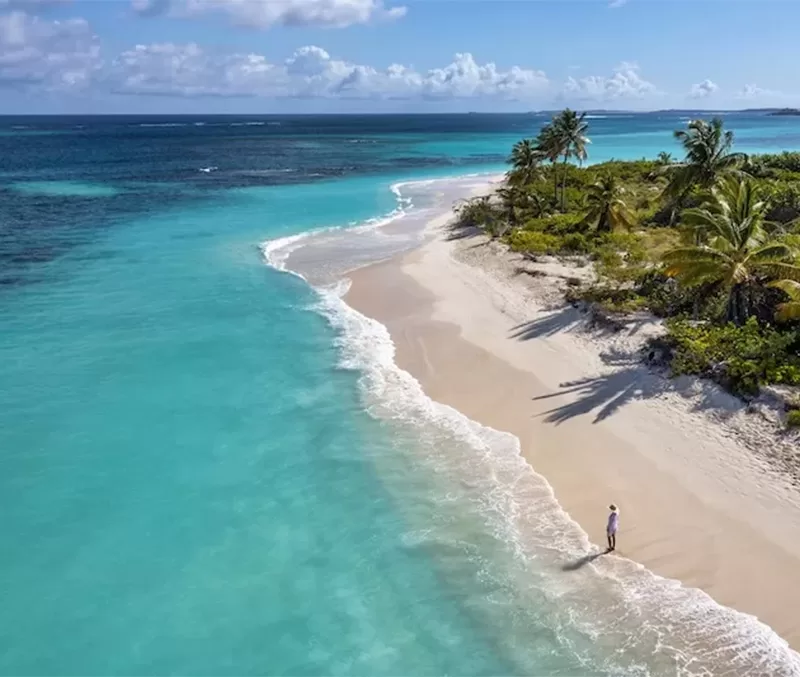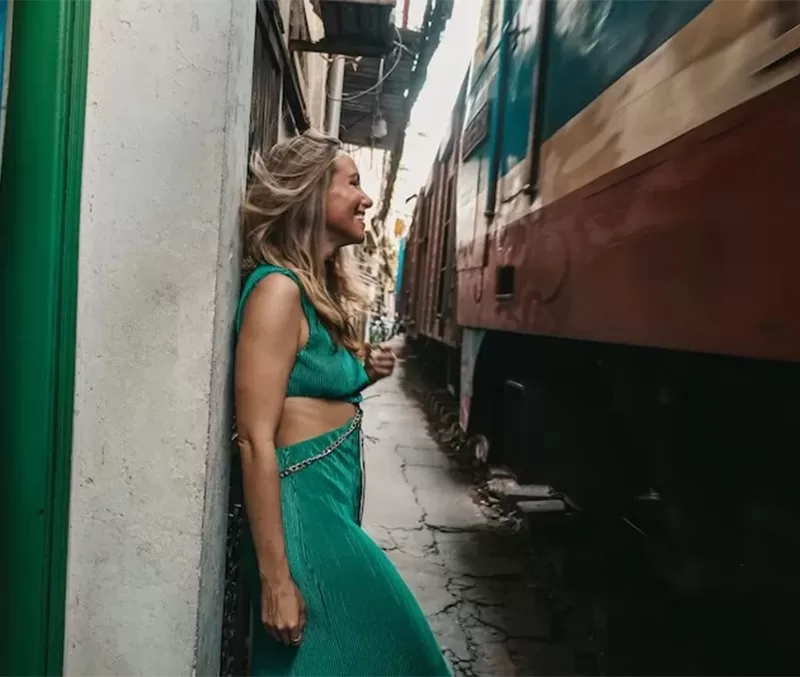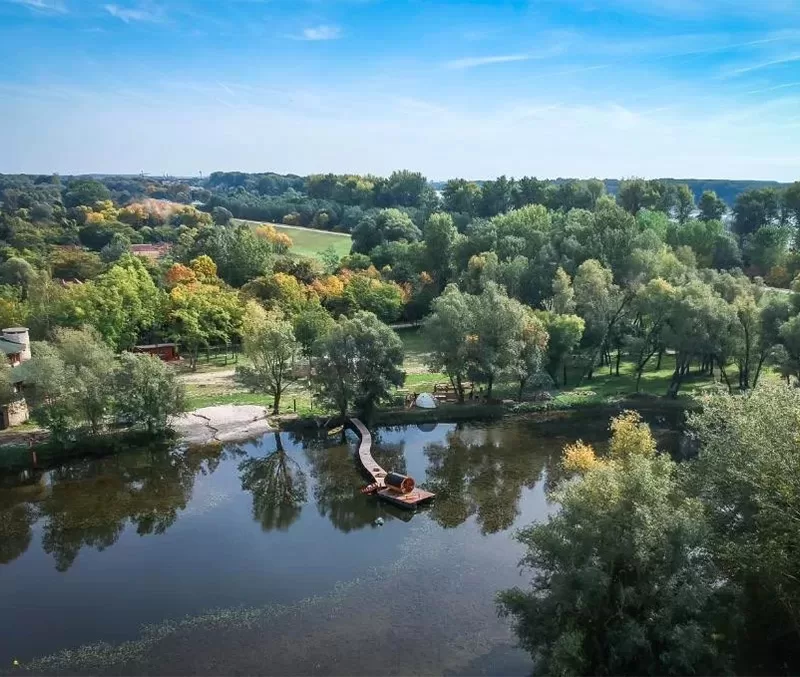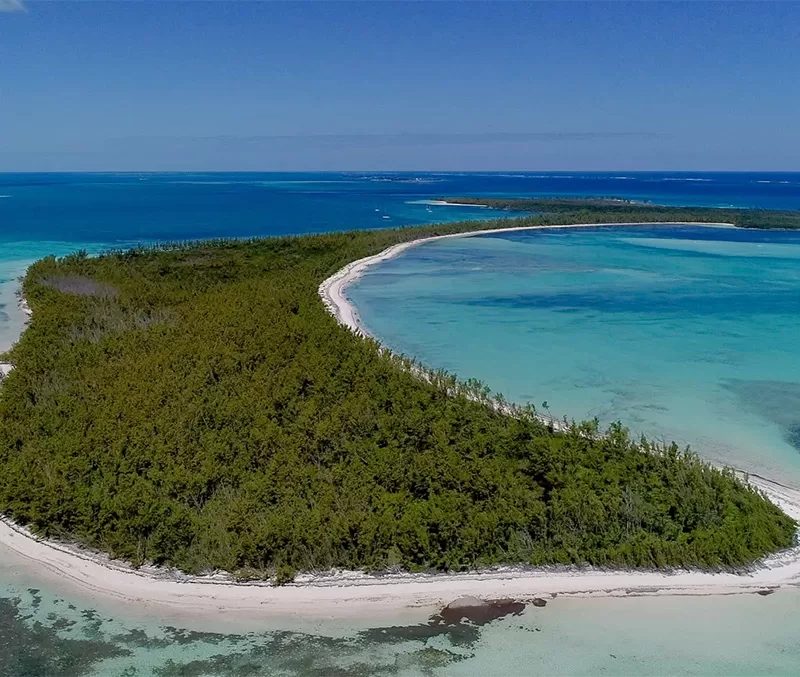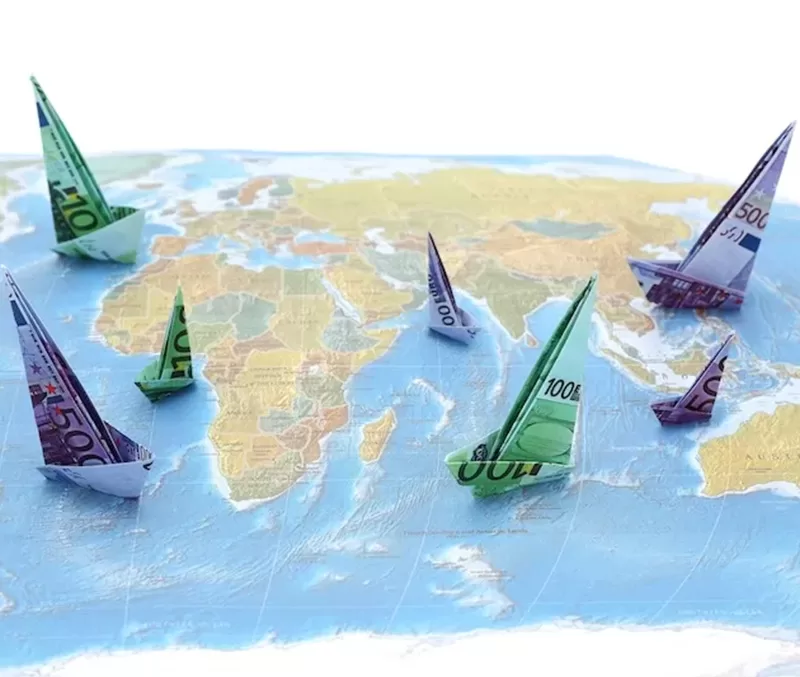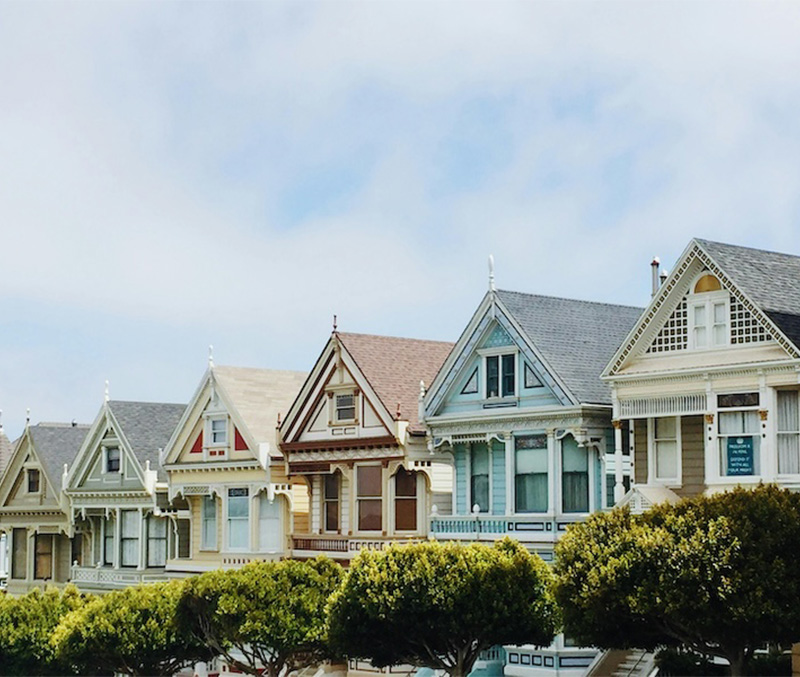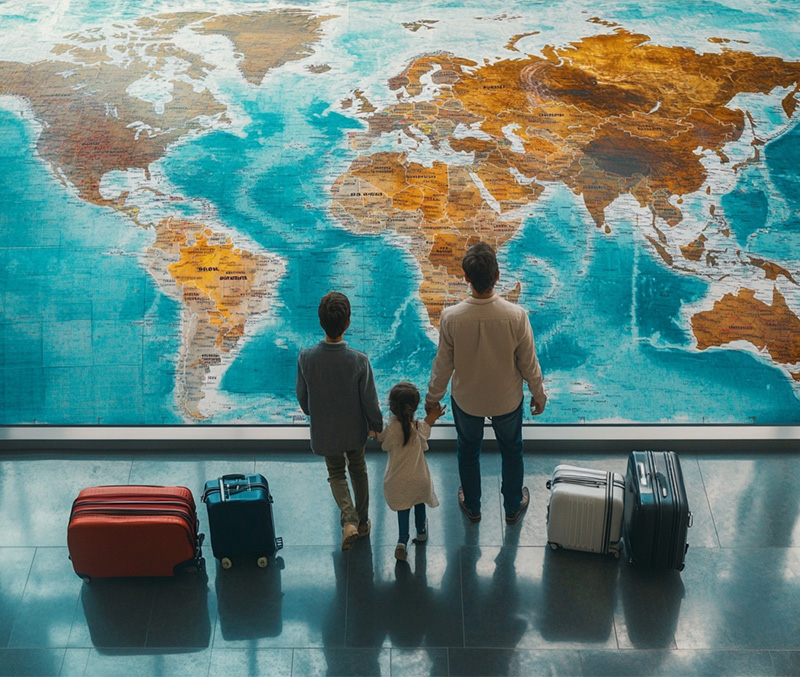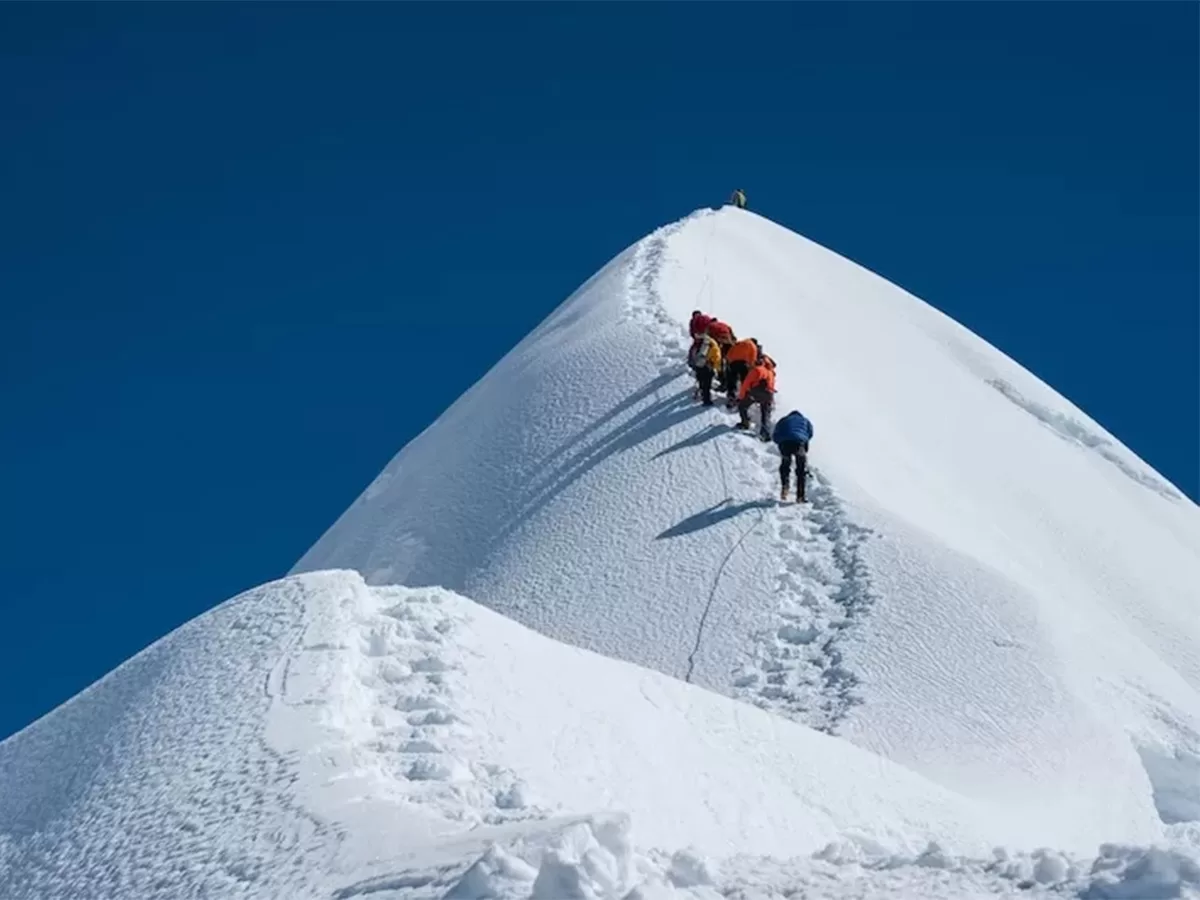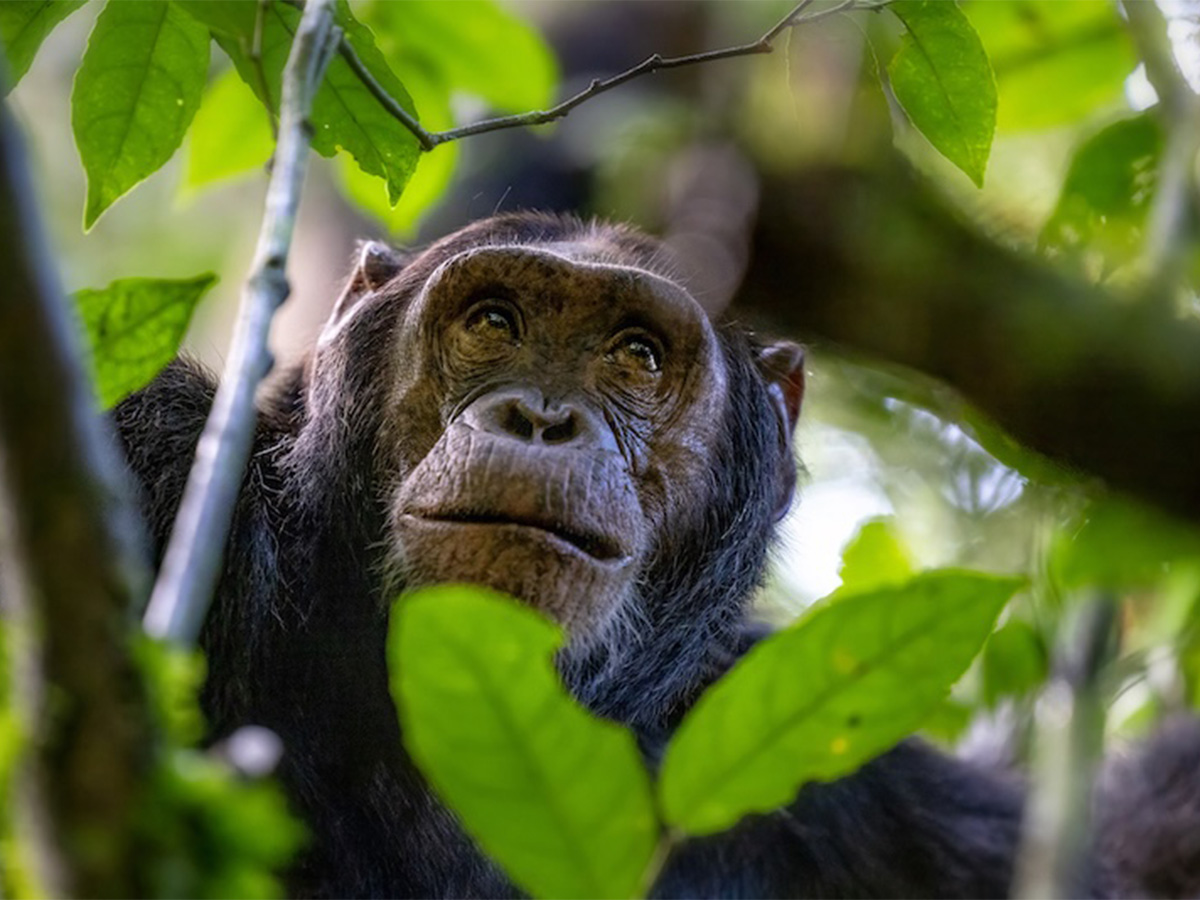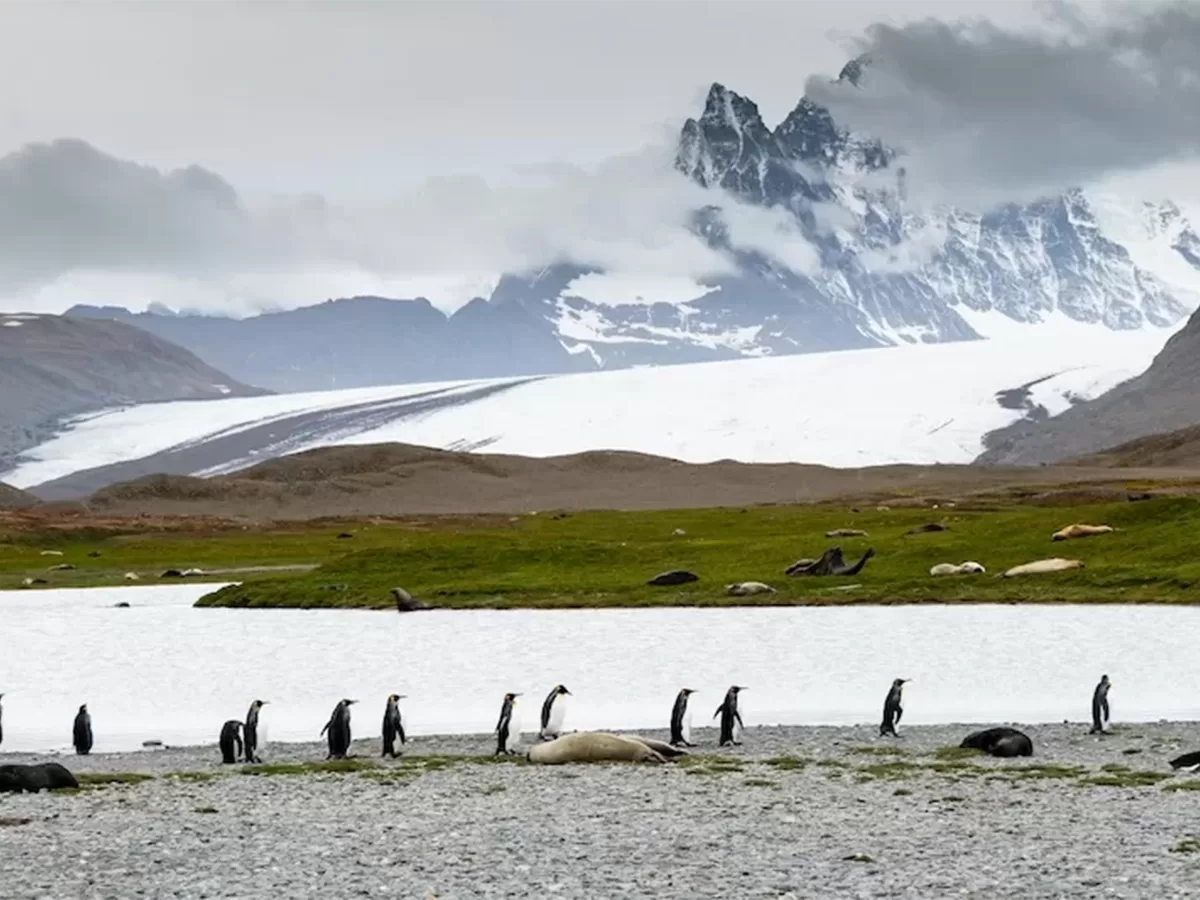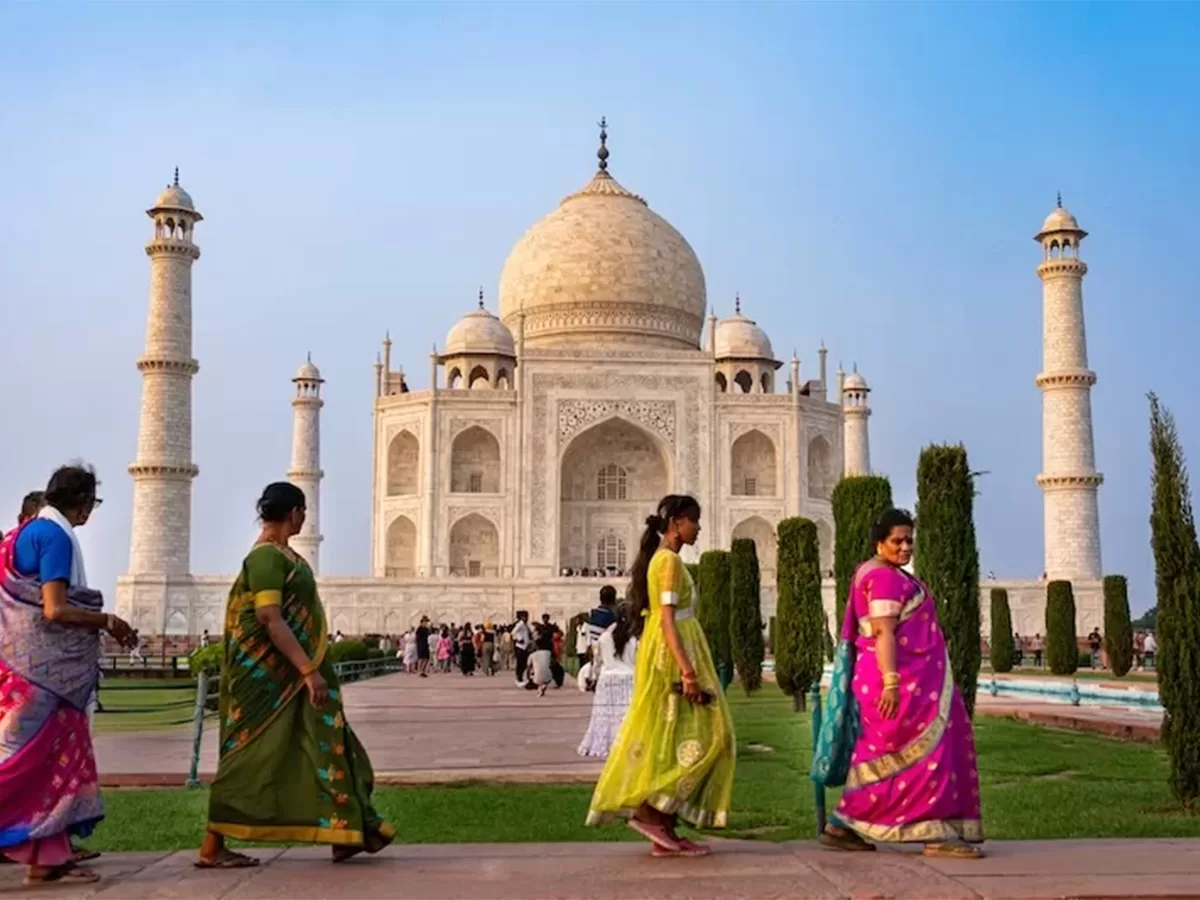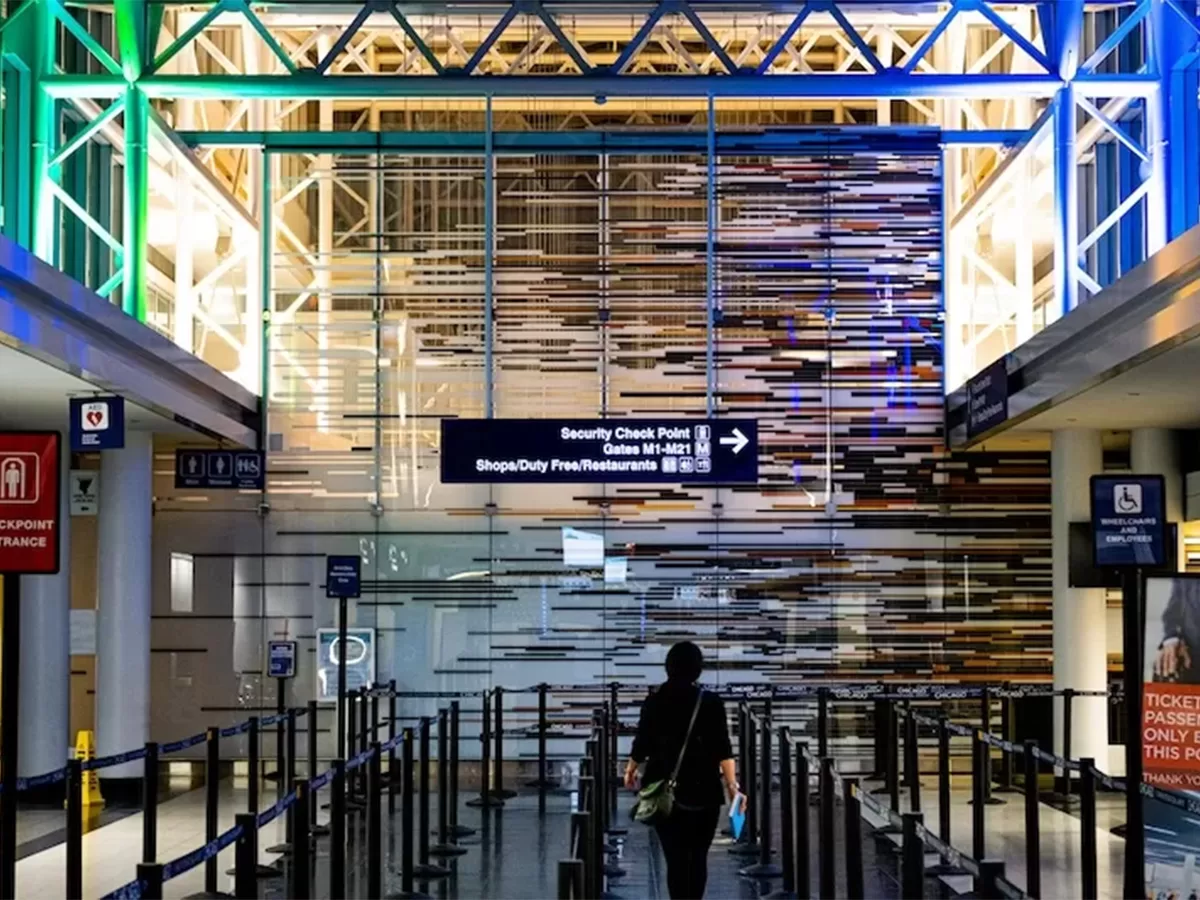An Outlaw’s Odyssey
How one man defied cancer, traveled the globe, and learned to listen to his spirit guides
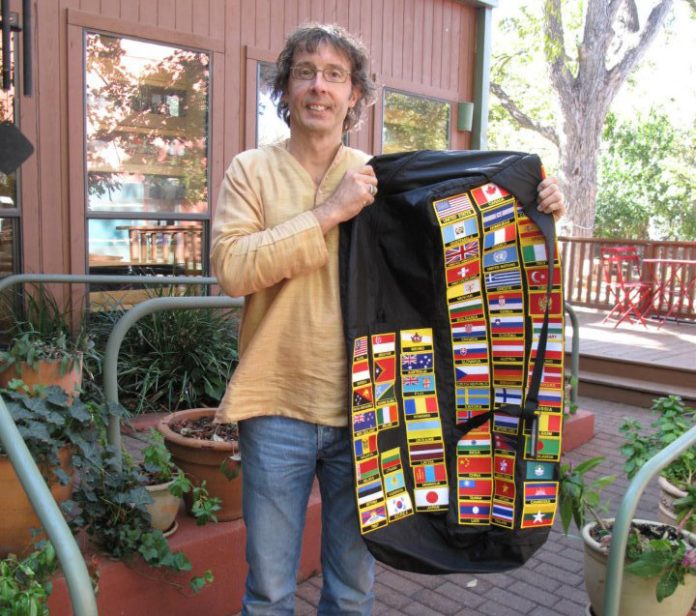
In the early 2000s Jefre Outlaw was living a single, free-wheeling, and financially rewarding life in Austin, Texas. Making a great living in tech and real estate, with all the trappings of wealth to show for it, including a 5000 square-foot mansion, a boat, and two Range Rovers (“one for me and one for the girlfriend du jour.”) But in 2004, at the age of 43, he was diagnosed with Stage 4 Non-Hodgkin’s Lymphoma, which, after chemotherapy, went into remission. Then he was diagnosed again in 2009, this time the prognosis was terminal. After a risky but ostensibly successful stem cell transplant, he sold everything, threw his few remaining items into a tiny home, and traveled the world. At 48, the remarkable adventures of Jefre Outlaw were only just beginning.
We spoke to Jefre over video conference from his home in Ghent, Belgium where he recently moved with his wife Astrid and their two children (6-year-old Ella and 3-year-old Remi), to discuss the many and wild chapters of his story up to now, and the utterly captivating circumstances that have led him to this place and this moment.
Aaron Kenedi: First of all, how is your health?
Jefre Outlaw: Thank you for asking. Last year was challenging. I spent the good part of nine months either in the hospital or not being allowed to be more than two hours away from the hospital. After my stem cell transplant in 2009, I was given roughly a 50/50 chance of surviving. After a year of recovery they said I was cured, though the doctors said there was around a 0.001 chance it would return. But the cancer came back a third time 14 years later, and I had to get a second transplant. This time a CAR T-cell Therapy transplant. Thankfully it’s gone quite well so far. It has been harder on me physically as I am 14 years older this time. But I’m very fortunate to have a lot of friends who helped raise upwards of $115,000, which has kind of kept us afloat.
In 2010, you sold everything and started your travels. In a 2014 interview you said you had “seen 104 countries, 500 major cities, and 1000 sacred sites on all seven continents.” Can you give our readers a quick overview of your life journey?
When I got diagnosed the first time at 43, I was self-employed and had no medical insurance. Up to then I thought, well, I’m healthy, and the premiums were really high and it just wasn’t a priority. So I really lost everything, the home, the truck, the boat. I put my stuff in storage but some thieves cut the lock on the storage unit and emptied that out. I literally had nothing. Less than 500 bucks. At least I qualified for welfare and food stamps and could get treatment at the county hospital.
Eventually I went into remission and ended up going back to work at a telecom startup. But the cancer came back a second time in 2009. This time they told me it was terminal. I was offered a stem cell transplant and a non-FDA approved experimental treatment called PD-1 that had a very high rate of survival in trials in other countries but had not yet been approved in the U.S. by the FDA. During the transplant I had a near-death experience where I met and spoke with what I can only describe as spirit guides. They told me I was cured and everything was going to be okay. And that I would have biological children naturally one day.
After I survived that the doctors monitored me very closely for the first year. They told me I was 99.9% cured but they didn’t want me going back to work for a while because the healing process is so hard on the body. Normally I weighed about 180 pounds, and I think I dropped down to about 125. I’m six-foot-four, so I literally looked like a skeleton with skin on it.
I had a near-death experience where I met and spoke with what I can only describe as spirit guides. They told me I was cured and everything was going to be okay.
At that point you had purchased another home that these spirit guides suggested you sell, am I correct?
Yes, they told me it would be good to sell my home, so I put it on the market. I overpriced it because deep down I didn’t want to sell it. But the first person who looked at it made a full price offer. And then my spirit guides said, but you’re not moving. I was thinking, well, you don’t understand, when you sell a house, you move out and the person who buys it moves in. They just said yeah, we generally understand that, but you’re not moving.


The spirits don’t really deal in real estate much, I guess.
The buyer was a widow who had a four-year-old, and at some point she mentioned hiring a live-in nanny. Ultimately, as we neared closing, and I wasn’t able to find a place to move to, I approached her and said, look, I know this is just completely off the wall, but could I be the male nanny to your four year old? I have no criminal background. I have a good driving record. I’m even an Eagle Scout. She talked to her daughter about it, and they both said yes. So I lived there for nine months and took care of a four year old. We had a blast, and I think the playfulness I had with her, helped me be gentle with myself as well and recover well.
How did you then go from being a manny to a world traveller?
Summer was approaching and the mom of the young girl wanted to travel. So it was time for me to move out. When I asked what to do next, my spirit guides told me to get ready for travel. I’d never really traveled before. I bought a backpack and a one-way ticket to London thinking I would start in the UK because they speak English.
Eventually I caught the bug. I did a dozen countries by train. I discovered espresso in Paris and started drinking coffee for the first time at the age of 48. Of course, I went to Spain and Italy and Germany, all the, the places you would think. I even got a pass to Saint Petersburg when I was in Helsinki, and just decided I wanted to keep going. It ended up being a good three years of travel that just got progressively more adventurous.
I read that on one trip you went looking for cannibals. Hopefully you didn’t find them?
I did! It was in Papua New Guinea. I got there, rode in the back of a flatbed truck on really rough roads through the forest to the ocean, then paddled a canoe down the coast to an area where a lot of British missionaries had converted these cannibal tribes along the coast. In most cases, when they had gone up into the rainforest, they were killed and eaten. So eventually the missionaries decided, wisely, to leave those tribes alone.
When I got there I was about 80% recovered from my stem cell transplant and in fairly good physical condition. But it was a slog to find them. A full day’s journey into the jungle with a heavy backpack on. I was with these two guides cutting a path through the brush. Our feet would sink a foot into just vegetation with each step. I stayed there for two nights with their guidance. They had to make sure I didn’t go to the bathroom on sacred ground or do anything that would get me eaten.
Did you communicate with the tribe? Or was it really more of a “Hi, we’re just going to be over here observing and then, leave”?
It was more observing. Because they, of course, didn’t speak any English. But my guides were able to translate a bit. They talked to me about what daily life was like. How their courtship and partnering worked, what the men and women did on a daily basis, and how the whole culture functioned. They’re very spiritual and superstitious people. Killing and eating someone from another tribe wasn’t about food, because food was plentiful. It was really about, whether somebody had a dream or there was some perceived slight or a squabble over a piece of land or territory. Maybe someone would kidnap someone else from another tribe and that would set things off.
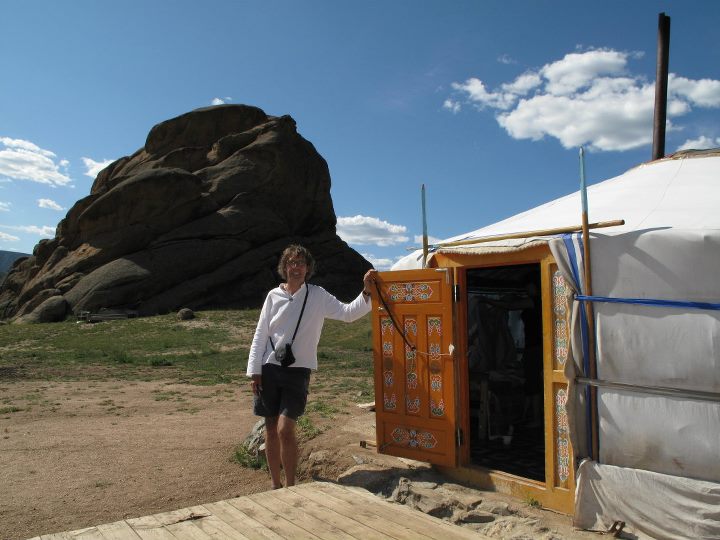
So, after surviving multiple cancer diagnosis (and a tribe of cannibals), you eventually went on to marry and have two children. Can you talk about the totally surreal way you met your wife?
Living in Austin in my 30s, I was a serial dater but I’d always wanted to get married and have kids someday. One winter I was in Siberia, which gets to be -30 below, which is really freaking cold. It’s hard to even breathe. So I’m freezing and I just started pondering what do I really want? After my first stem cell transplant, I was told that I probably would not be able to have biological children because the process kills every blood cell in your body. So I kind of took it on faith that kids were out of the question.
But that experience (and some people I was around at the time) led me to explore spirituality and the practices of channeling and Transcendental Meditation, kind of tuning into the spirit. And for some reason, when I asked these spirits big life questions, I got answers. When I asked about a life partner, I got the message back that she was in Europe, specifically in Belgium.
It gets crazier. When they said, your life partner is in Belgium, and she’s an acquaintance of a friend of yours, I really started to pay attention.
That’s crazy.
It gets crazier. So when they said, your life partner is in Belgium, and she’s an acquaintance of a friend of yours, I really started to pay attention.
Amazingly, soon after that I got an invite from a friend who was getting married here in Ghent of all places. At the wedding I saw this woman and I noticed her aura, which doesn’t typically happen to me. I mean, there was a glow about her. So I chatted her up and we ended up sitting in the same pew. We had coffee afterwards and that’s when I got the message that, hey, she’s the one. The funny thing is she was a last-minute invitee because somebody else had dropped out.
After the reception we talked more. I told her my story, which I’m not sure she believed, but she kept talking to me. We talked all night until she caught a ride into town at 3 am. When I was leaving the venue the next day, the receptionist asked me “you’re in the limo that’s going back with the family, right?” I said yes, and she handed me a golden high heel shoe and said, “this was left here. It belongs to somebody from the wedding party. Would you please take it back with you?” I had no idea whose shoe it was. So I took a picture and posted it on Facebook and said, I’m looking for Cinderella.
Just then I get a text from the girl who I had been talking to all day. She wasn’t a friend of mine on Facebook, so she couldn’t have seen my post. She said “hey, Cinderella story, I lost my shoe. Can you look for it?” When we met later at a barbecue at the bride and groom’s house, I put the shoe on her foot. And that was it. That was Astrid, who’s now my wife.
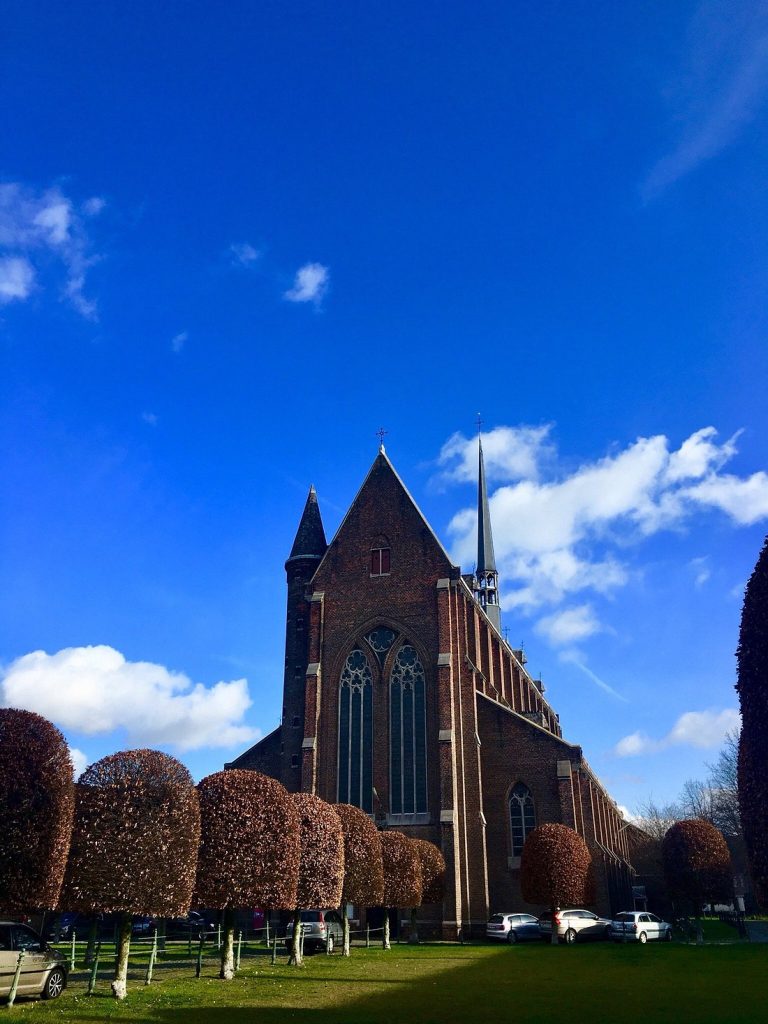
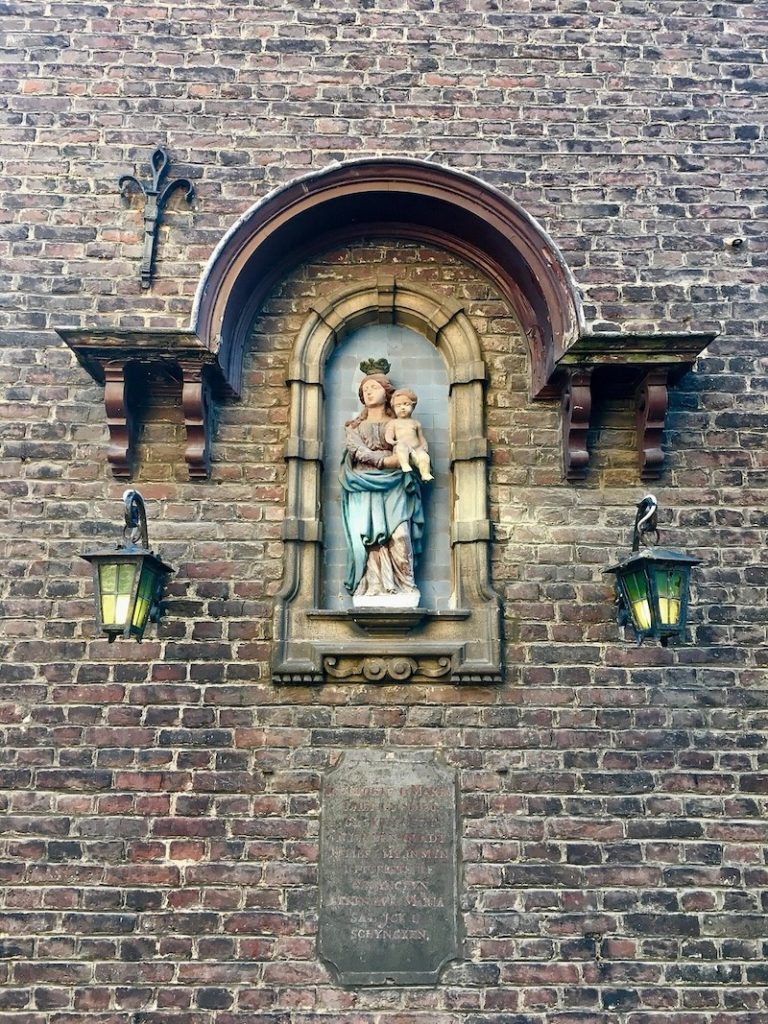
You and your family recently moved to Ghent, Belgium, the very town where you met your wife and where she’s originally from, right?
Yes. It’s also where Astrid and I got married. After the wedding we moved to Shanghai. Then we moved back to Austin, bought a duplex, and decided we wanted to try to have kids and pretty quickly got pregnant. A beautiful baby girl. Two years later we did the same thing. We never went to a fertility doctor, never got tested, never did anything. The children never saw a doctor. Never went to the hospital. They were just born as naturally as possible in a birthing center in South Austin, just down the road from where we lived.
We had talked about trying to save money by moving to Belgium and also being nearer to her family. So we got the kids U.S. and Belgian passports when they were six months old which made my wife and two children dual citizens. There’s a twenty-three year difference in age between my wife and me. She’s 39 and I’m 62. So she’s younger. Her family is younger, and we really wanted the kids to grow up around their grandma and grandpa and aunts and uncles and cousins. And we really wanted them to be bilingual.
So we started looking into moving here. She had been on a waiting list since 2011 to get a place in this kind of castle-like compound that was built by a donor to house nuns. And when she told our story to the administrators making the decision about tenants, we were able to get one of the houses.
It’s a UNESCO Site called Groot Begijnhof Sint-Amandsberg, which is a beguinage, where single woman lived together as a Catholic community, right?
Yes. The facility is celebrating its 150th anniversary next month. And it’s a big deal. There’s going to be this huge celebration with 300 women marching from the city center to here recreating the event that happened 150 years ago. If you start looking at UNESCO World Heritage sites, you know, there’s not many of them that you can live in. You’re basically living inside a museum.
We have a four bedroom, two bath house that is about 2000 square feet for about $850 a month. Which is less than half of what our mortgage was in the States.
What’s your healthcare like in Belgium as a noncitizen?
As a family we were able to migrate and I have a residency card which allows me to have healthcare and other benefits here in Belgium. Premium payments in the U.S. for a family of four were over $1,200 a month. Here it’s $100 a month.
Is there anywhere you didn’t get to during your travels that you’re eager to visit?
As the kids get older, my bucket list is really places I haven’t seen yet. South Africa, Kenya, Zimbabwe, Madagascar, and Namibia are all places that are high on my list.
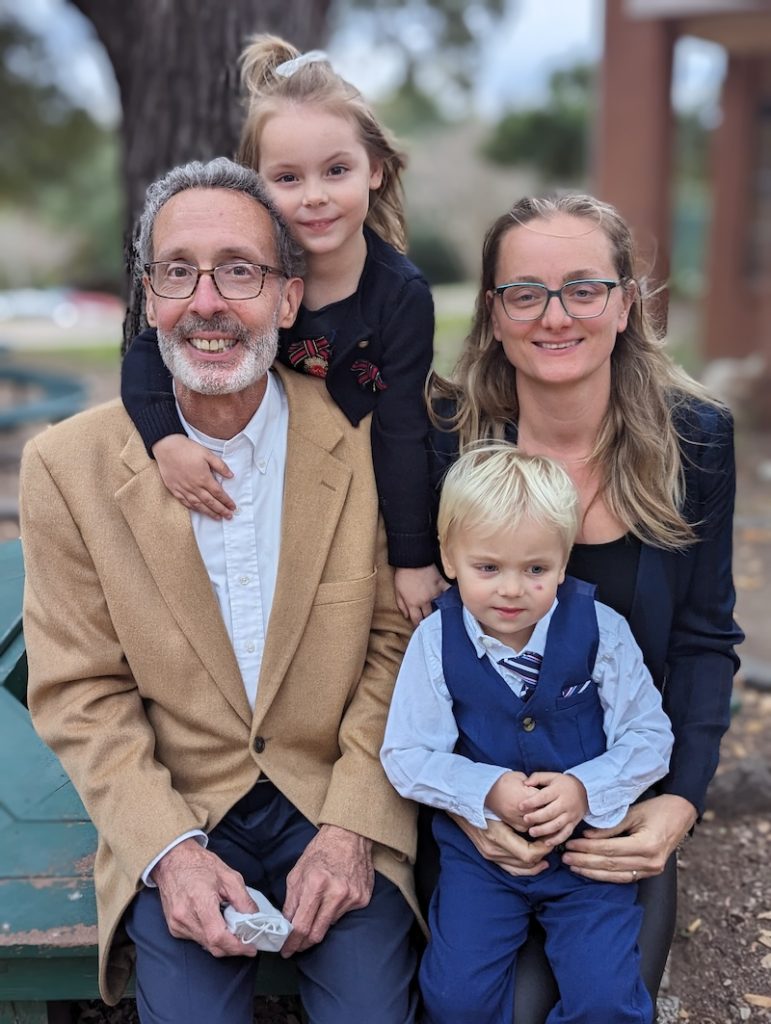
You’ve been dealing with the looming specter of cancer for 20 years now. That must be exhausting. Is there some unique perspective or thought process you’ve developed that helps you manage these trying times?
I have learned that being attached to an outcome causes suffering. So I choose to go with the flow. ■
——————
Jefre Outlaw is a highly sought-after consultant and speaker in today’s affordable housing industry, with experience in unique funding structures and developing simple, smart, sustainable, and healthy homes and communities.
Aaron Kenedi
